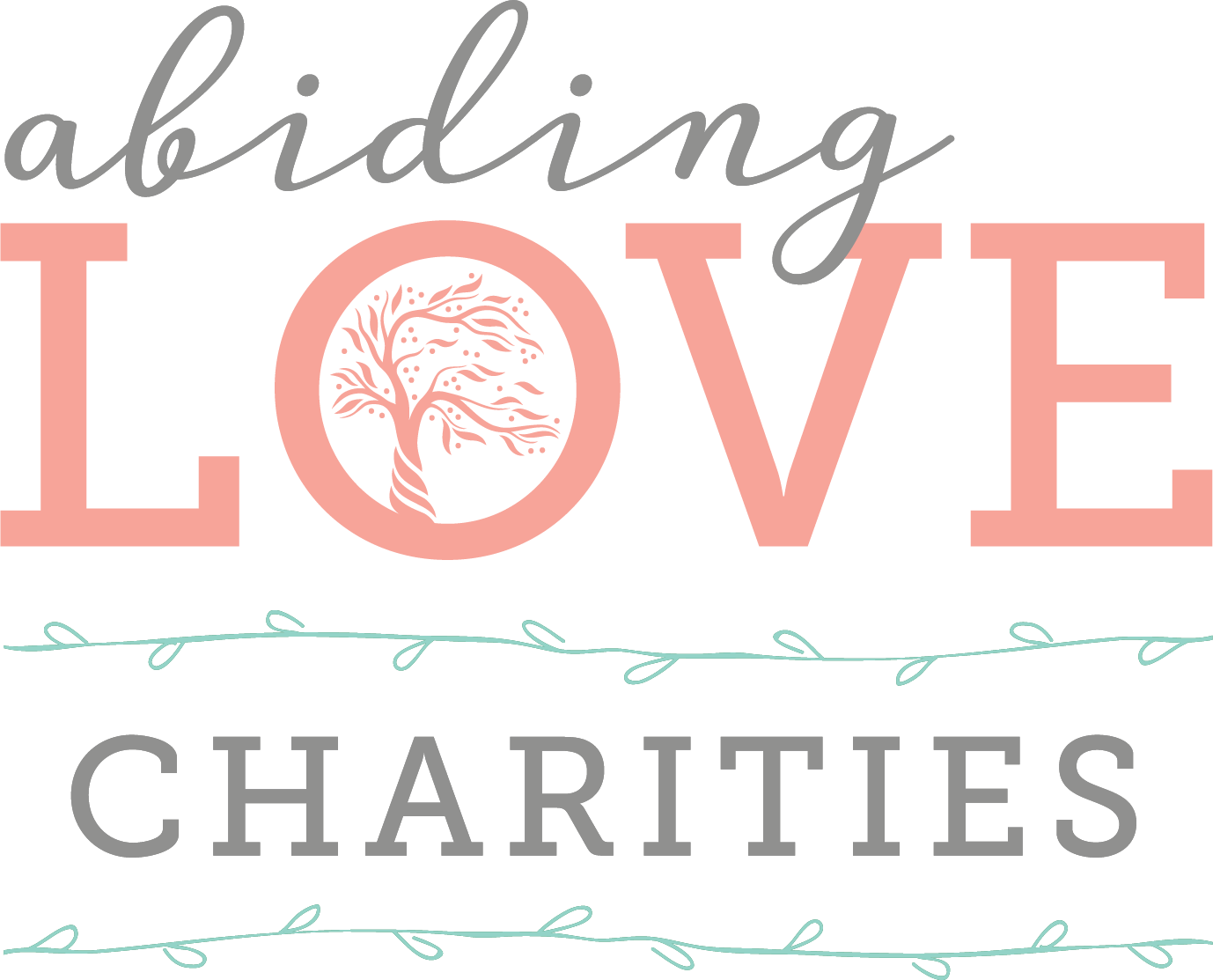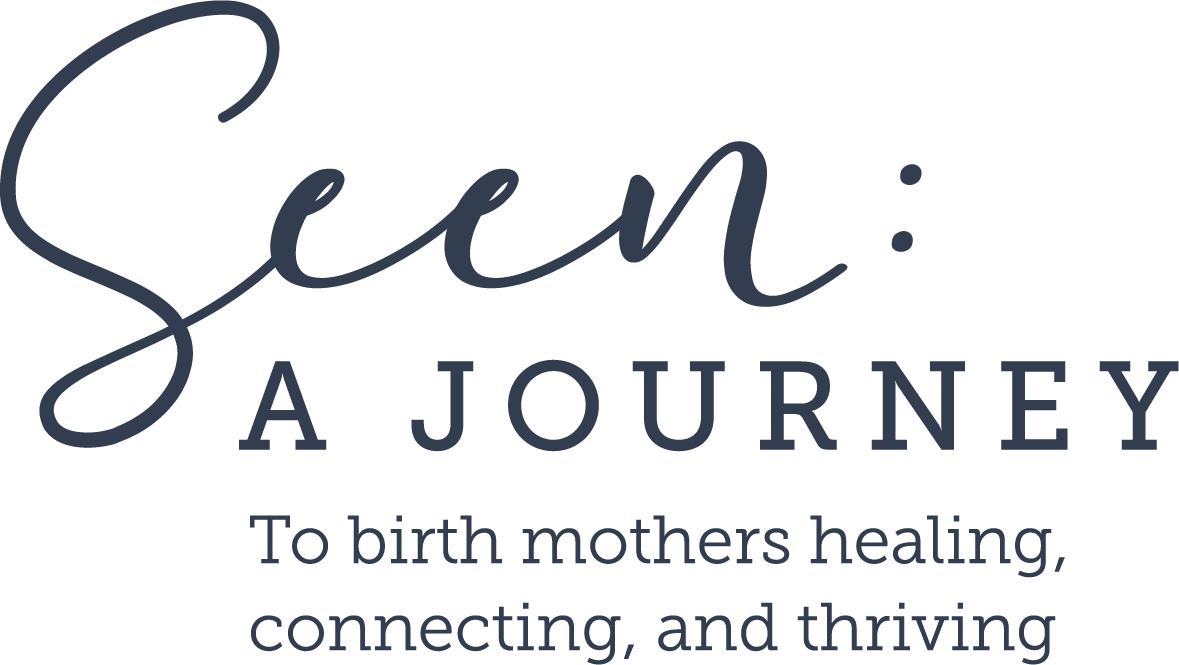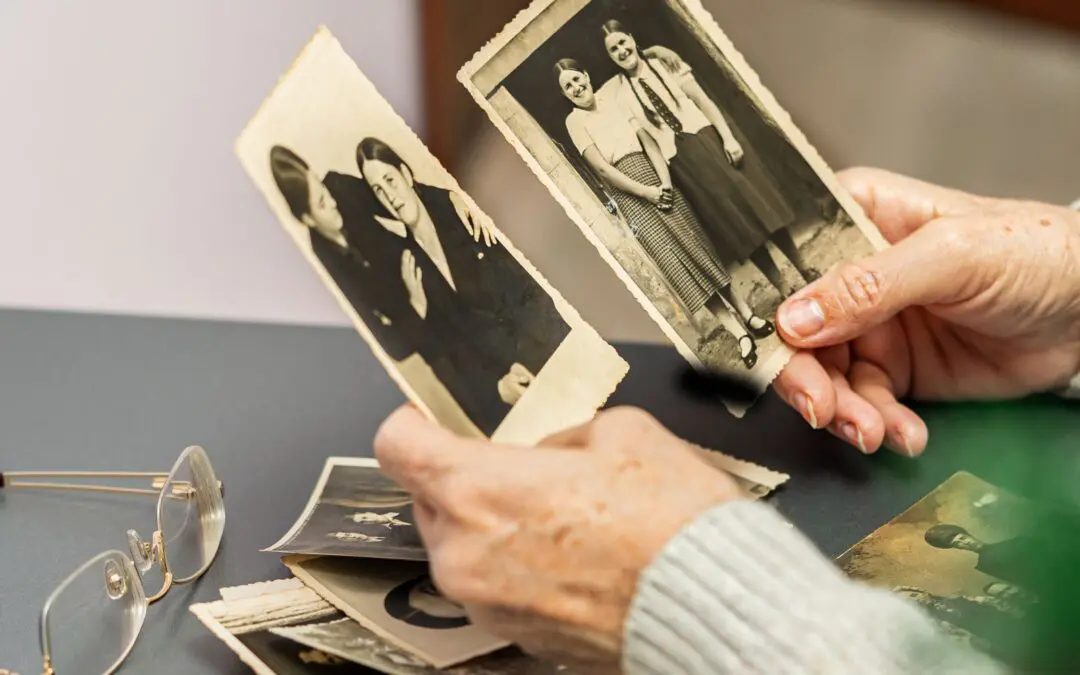In the late 19th century, the belief in eugenics was making its way through Europe and then into the United States. Eugenics is defined as a set of beliefs and practices that aim to improve the genetic quality of a human population. Eugenicists flourished as a science, attempting to alter gene pools by excluding those deemed inferior. Forced sterilizations, institutionalizations, and marriage prohibitions were not uncommon in communities that had adopted eugenic policies.
As we moved into the 20th century, we saw eugenics influence the way society treated unmarried women who engaged in sexual activity and/or became pregnant. People deemed unmarried mothers “feeble-minded” and considered them psychologically disturbed or ill. These strong beliefs led to the sending of unmarried women unexpectedly pregnant to live with distant relatives, in maternity homes, or hidden indoors to avoid public scrutiny and damage to their family’s reputation. Society saw adoption as a way to “rehabilitate” unmarried pregnant women, so she could return to society as a respectable woman having “learned to pay the price of her misdemeanor.” (Toronto Telegram, 1956). During this era, women who were forced to place their children for adoption were told to forget what happened and keep their pregnancy a secret.
Society harshly judged women experiencing infertility during this time, further justifying the secrecy of adoption. The infamous Georgia Tann popularized the theory of “blank slates,” which led to the alteration and sealing of adoption records, thereby depriving adopted children of their right to know their origins.
Georgia Tann was the director of the Tennessee Children’s Home Society from 1924 until 1950. According to estimates, she used unethical and illegal tactics to steal and sell 5,000 children. Tann was a strong believer in eugenics and saw poverty as a moral failure or sin. Her solution to this was to steal children from low-income communities and sell them to wealthy or famous families. During her 26-year reign, she utilized the help of medical professionals, law enforcement, and political figures to obtain the children she sold. There are accounts of her luring children into her limo from their front yard with promises of ice cream, only to use law enforcement to terminate their mothers’ parental rights without their knowledge. Another common tactic of hers was to bribe medical professionals to snatch newborn babies from hospitals, prisons, and mental wards, instructing them to tell the biological parents that the baby was stillborn.
Life for the children at the Tennessee Children’s Home Society was unpleasant at best. Children suffered from all kinds of abuse. Experts estimate that Tann and the home’s staff mistreated and neglected 500 infants and children, although the official number is still unknown. Tann was eventually investigated but was never held accountable for her crimes as she died of uterine cancer just days before any charges had been filed in 1950.
Georgia Tann’s influence on privatized adoption didn’t end with her passing. Many of the adoption laws we see today are in place because of Tann’s adoption schemes, and the power she held only further perpetuated the mistreatment and stigmatization of birth mothers.
I wish I could say that the history of adoption in the United States is fair and objective, but if we fail to acknowledge how history influences today, the system will never see reform, and birth parents will continue to battle the belief that their children need saving from them.
I feel the need to give a disclaimer, though, because I know there are at least a few people reading this thinking, “Not all people feel this way about birth parents!” While that is very true, the fact remains that the current state and federal laws do not support the idea that society at large sees equity in the humanity of birth parents. Although slow, we have made significant progress in the last ten years. I don’t write this essay to discourage or place blame, but rather to ignite a fight in all of us to desire more for mothers and their children.
When we care well for expectant mothers and birth mothers, children and adoptive parents benefit. When adoptive parents hold their agency or attorney accountable, children and birth parents benefit. And when adoption professionals step up and correct or call out unethical practices, we all win. A quote from the wise Maya Angelou, “Do the best you can until you know better. Then when you know better, do better.”


